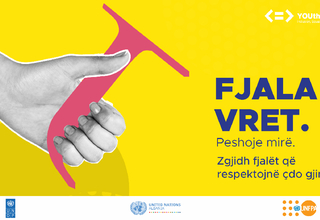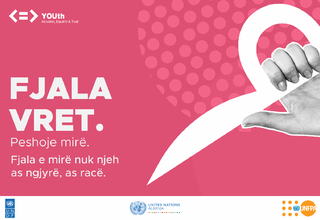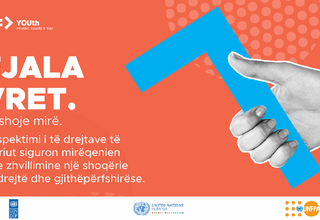Gender equality is a human right. Women are entitled to live with dignity and free from fear. Gender equality is also a precondition for advancing development and reducing poverty: Empowered women contribute to the health and productivity of whole families and communities, and they improve prospects for the next generation.
Still, despite solid evidence demonstrating the centrality of women’s empowerment to reducing poverty, promoting development and addressing the world’s most urgent challenges, gender equality remains an unfulfilled promise.
For more than 30 years, UNFPA has advocated for women and girls, promoting legal and policy reforms and gender-sensitive data collection, and supporting initiatives that improve women's health and expand their choices in life.
Human rights are violated every time a girl marries under the age of 18 whenever a woman is denied access to quality health care and whenever a person is subject to abuse. Human rights also include sexual and reproductive rights - however, many people cannot decide freely about the number or time when their children are born. Some do not have the information or tools to make these choices, while others face pressure, discrimination or violence if they exercise these rights.
Protecting rights - including sexual and reproductive rights and health - for all people is a prerequisite for individual wellbeing and sustainable development. UNFPA in Albania works to empower individuals and communities to seek their rights through various strategies, including awareness raising, training, lifelong learning, and working with national human rights institutions. UNFPA also works with state institutions to help them fulfill their human rights obligations under international conventions and treaties the country has ratified.



